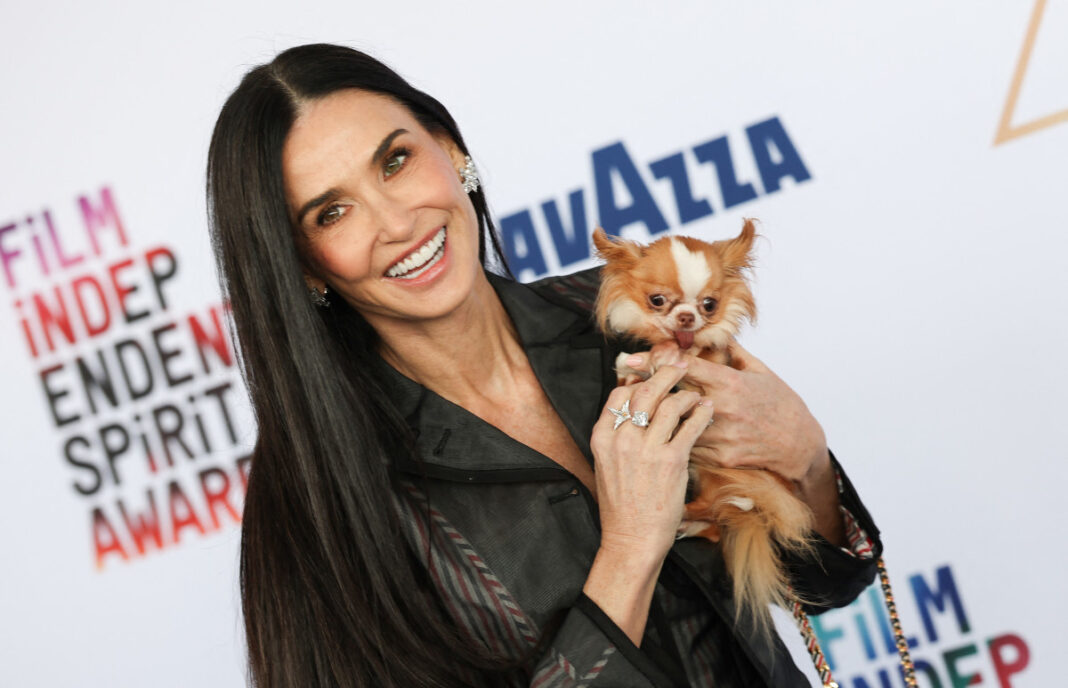Demi Moore, a Hollywood icon known for her raw portrayals and outspoken nature, recently found herself in hot water after a controversial Instagram post sparked accusations of disrespect. The post, shrouded in ambiguity, triggered a wave of backlash, forcing the actress to issue a public apology.
Demi Moore’s AI Apology: Navigating the Ethical Minefield of Social Media Trends
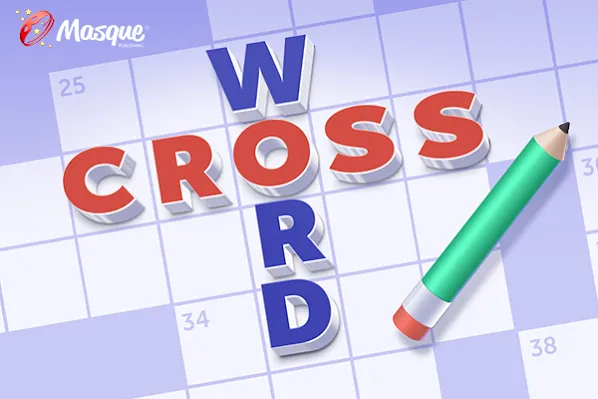
The Viral Trend and Its Fallout
The landscape of social media is constantly evolving, with new trends emerging at a rapid pace. One such trend that has captured the attention of millions is the use of AI image generators. These tools allow users to transform their photos into various styles, from artistic renderings to pop art, and even human versions of their pets. The imaginative possibilities have sparked a wave of creativity and amusement across platforms like Instagram and TikTok.
Demi Moore, the renowned Hollywood actress, recently joined this trend, sharing an image of her chihuahua, Pilaf, transformed into a human using an AI image generator. The post, shared on Pilaf’s dedicated Instagram account, quickly garnered attention, but not all reactions were positive. Some followers expressed concern about the ethical implications of using AI to create imagery, particularly in relation to the impact on artists and the potential for misuse.
Concerns raised by critics centered around several key issues:
- Copyright and Intellectual Property: The use of AI to generate images based on existing data raises questions about copyright ownership and the potential for infringement.
- Impact on Artists: Some argue that AI-generated art could devalue the work of human artists, leading to job losses and diminished creative expression.
- Environmental Impact: Training large AI models can require significant computational resources, contributing to energy consumption and carbon emissions.
The incident highlighted the complex ethical considerations surrounding AI technology and the need for thoughtful discourse on its responsible development and deployment.
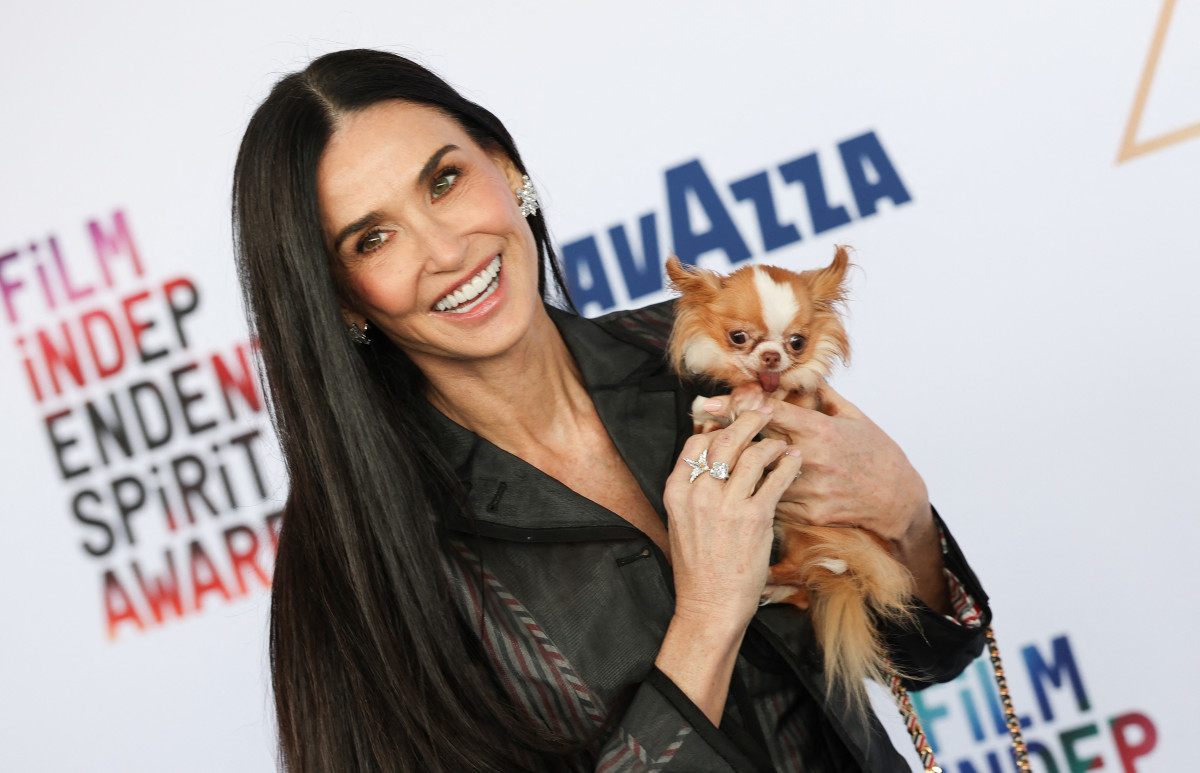
Moore’s Apology and the Defense of AI Creativity
Moore, recognizing the concerns raised by her followers, issued a heartfelt apology, expressing her regret for any offense caused and emphasizing her respect for artists. While the actress acknowledged the validity of the concerns, she also defended the playful nature of the trend, highlighting the importance of creativity and exploration in the digital age.
The incident sparked a wider debate on social media, with many users expressing support for Moore and emphasizing the value of AI as a creative tool. Some artists even came forward to share their positive experiences with AI, highlighting its potential to inspire new ideas and expand creative possibilities.
The discussion underscored the importance of nuanced conversations around AI technology, recognizing both its potential benefits and its inherent ethical complexities. It underscored the need for ongoing dialogue and collaboration between technologists, artists, policymakers, and the public to ensure the responsible and ethical development and deployment of AI in society.
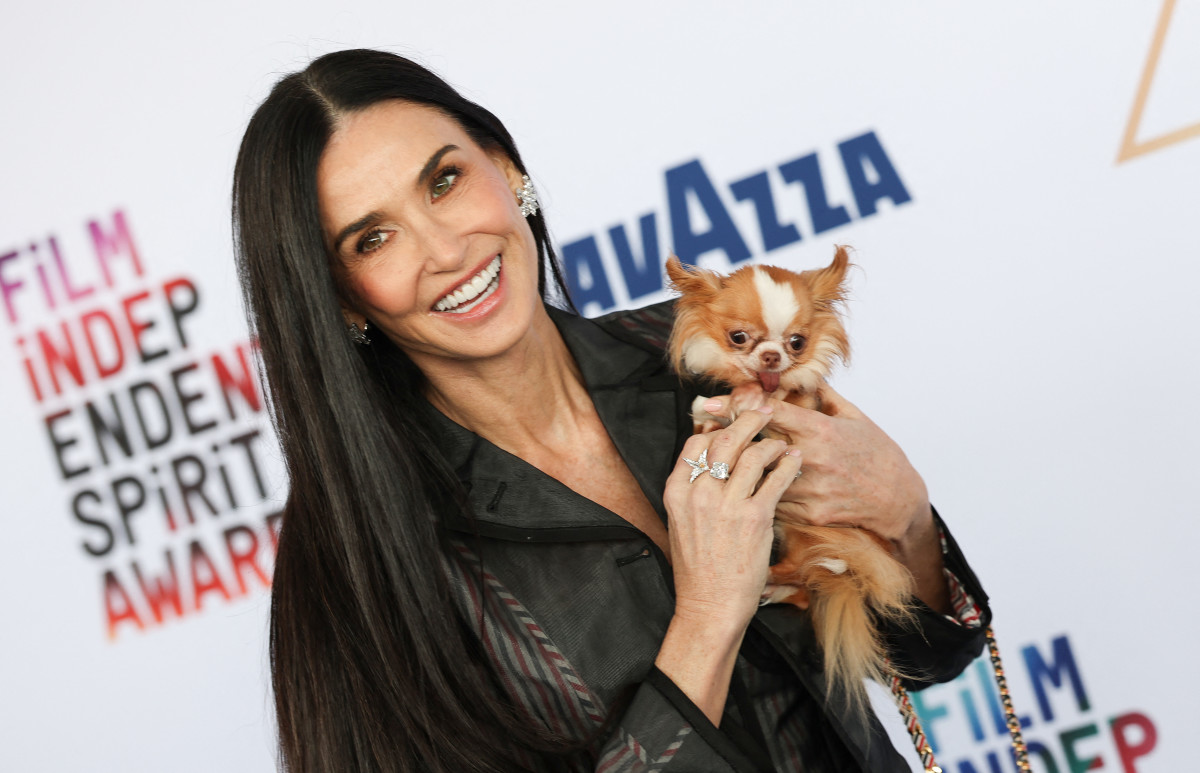
A Gracious Response: Examining Demi Moore’s Apology
Demi Moore, the renowned actress, recently found herself in a public apology after sharing a post on her little dog, Pilaf’s, Instagram account that left some of her followers offended. The post in question featured an AI-generated image of Pilaf as a human, which sparked a heated debate on the ethics of using artificial intelligence (AI) in creative endeavors. In response to the backlash, Moore issued a heartfelt apology that shed light on the complexities of AI-generated content and its impact on artistic expression.
Moore’s apology was a masterclass in using tone and language effectively to address a sensitive issue. By acknowledging the concerns raised by her followers and expressing genuine regret for any offense caused, Moore demonstrated a deep understanding of the nuances of online communication. Her apology was not a mere lip service, but a sincere attempt to address the concerns of her fans and to promote a more nuanced understanding of the role of AI in creative expression.
Moore’s apology also highlighted the importance of critical thinking and media literacy skills in navigating the complexities of online content. As AI-generated content becomes increasingly prevalent, it is essential that consumers of online media develop the skills to critically evaluate the sources and intentions behind the content they consume. By promoting media literacy, Moore’s apology encouraged her followers to engage more thoughtfully with online content and to consider the broader implications of AI-generated art.

Artists Come to Her Defense: The Playful Nature of AI-Generated Art
Moore’s apology was not the only response to the controversy surrounding her AI-generated post. Many artists and creatives came to her defense, arguing that the use of AI-generated content was a playful and harmless trend that was not intended to disrespect talented individuals who work hard to bring original creations to the world. These defenders of Moore’s post emphasized the distinction between AI-generated art and original human creations, highlighting the unique qualities and value of human artistry that cannot be replicated by AI.
One fan, who identified herself as an artist and creator, argued that the AI project was “fun and cute” and had not taken anything away from her. She emphasized that Moore was allowed to have fun with AI-generated content, as long as it was not presented as a piece of original art. Another fan added that the post had not been intended to be a piece of art, but rather a lighthearted and playful expression of Moore’s love for her dog.
The defenders of Moore’s post highlighted the importance of context and intention in evaluating the ethics of AI-generated content. They argued that the use of AI-generated art was not inherently problematic, as long as it was clear that the content was generated by a machine and not presented as a genuine human creation. By emphasizing the playful and harmless nature of AI-generated art, these defenders encouraged a more nuanced understanding of the role of AI in creative expression.
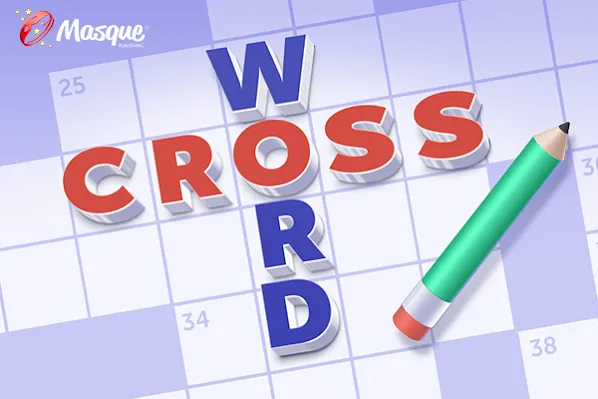
The Ongoing Debate: The Broad Implications of AI for Artistic Expression
The controversy surrounding Demi Moore’s AI-generated post highlights the broader debate surrounding the impact of AI on artistic expression. As AI-generated content becomes increasingly prevalent, it raises important questions about the value and authenticity of human artistry. While some argue that AI-generated content is a harmless and playful trend, others see it as a threat to the very foundations of artistic expression.
The use of AI-generated content also raises important questions about authorship and ownership. Who owns the rights to AI-generated content? Is it the creator of the AI algorithm, the person who input the data, or the machine itself? These questions are not merely theoretical, but have real-world implications for the way we think about art and its value.
Ultimately, the impact of AI on artistic expression will depend on how we choose to use these technologies. Will we use AI to enhance and augment human creativity, or will we rely on machines to create art for us? The answer to this question will have far-reaching implications for the future of art and culture.
Implications for Social Media and Ethical AI
The Need for Media Literacy
The controversy surrounding Demi Moore’s AI-generated post highlights the importance of critical thinking and media literacy skills in navigating the complexities of online content. As AI-generated content becomes increasingly prevalent, it is essential that consumers of online media develop the skills to critically evaluate the sources and intentions behind the content they consume.
Media literacy is not just about being able to spot fake news or propaganda, but also about being able to evaluate the credibility and reliability of online sources. In the context of AI-generated content, media literacy is crucial for understanding the limitations and biases of AI algorithms, as well as the potential consequences of relying on machines to create art.
By promoting media literacy, we can encourage a more thoughtful and nuanced engagement with online content, and foster a deeper understanding of the complex issues surrounding AI-generated art.
Responsible Use of AI Tools
The Importance of Transparency and Accountability
The controversy surrounding Demi Moore’s AI-generated post highlights the importance of transparency and accountability in the use of AI tools. As AI-generated content becomes increasingly prevalent, it is essential that creators and consumers alike are aware of the sources and intentions behind the content they produce and consume.
Transparency and accountability are not just moral imperatives, but also essential for building trust and credibility in the online community. By being transparent about the use of AI tools and algorithms, creators can demonstrate their commitment to ethical and responsible practices, and foster a more nuanced understanding of the role of AI in creative expression.
Accountability is also essential for addressing the potential consequences of relying on machines to create art. By holding creators accountable for the content they produce, we can encourage a more thoughtful and responsible use of AI tools, and prevent the misuse of these technologies.
The Future of AI and Creativity
The Opportunities and Challenges of AI-Generated Art
The controversy surrounding Demi Moore’s AI-generated post highlights the complexities and challenges of AI-generated art. While some see AI-generated content as a threat to human creativity, others see it as an opportunity to enhance and augment human artistry.
The future of AI and creativity will depend on how we choose to use these technologies. Will we use AI to create art that is indistinguishable from human creations, or will we rely on machines to produce art that is uniquely machine-like? The answer to this question will have far-reaching implications for the future of art and culture.
Ultimately, the impact of AI on artistic expression will depend on our ability to balance the benefits and drawbacks of these technologies. By promoting media literacy, transparency, and accountability, we can ensure that the benefits of AI-generated art are realized, while minimizing its potential negative consequences.
Conclusion
In conclusion, Demi Moore’s recent Instagram post debacle serves as a stark reminder of the importance of cultural sensitivity and responsible social media usage. The actress’s apology for sharing a “disrespectful” post, which sparked widespread outrage and accusations of cultural appropriation, highlights the need for celebrities and influencers to be mindful of their platform’s impact. Throughout this article, we’ve examined the controversy surrounding Moore’s post, the subsequent backlash, and her eventual apology.
The significance of this incident lies in its implications for social media accountability and the role of public figures in promoting cultural understanding. As influencers, celebrities have a responsibility to use their platforms to educate and uplift, rather than perpetuate harmful stereotypes or appropriation. This incident serves as a wake-up call for celebrities and their teams to be more thoughtful and considerate in their online interactions.

